5 Portland Record Labels to Know
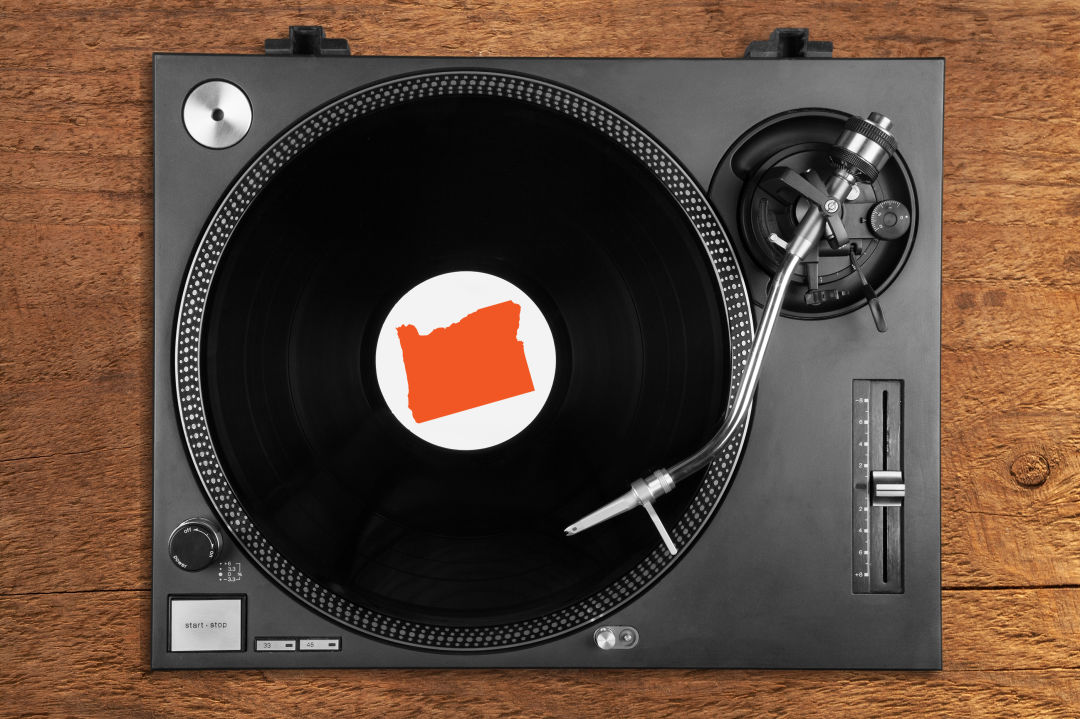
Following a record label’s tastes seems like a fool’s errand. In a market where they, like movie studios and book publishers, can be such mammoth businesses, aren’t their catalogs simply a mix of the fish they’ve reeled in? Well, kids, it wasn’t always this way. And many indies still hold a distinct POV. Portland is full of these ethnomusicologists operating outside of academia—itty-bitty labels pressing poetry readings to vinyl, compiling West African MP3s, and archiving the city’s sonic history.
Mama Bird Recording Co.
After meeting in Boston, three musicians with a shared affinity for Americana songcraft set up in Portland and, over the past decade, grew their label into the region’s North Star of deftly assembled folk and alt-country numbers. Portlander Haley Heynderickx is its biggest commercial name, but she’s far from the only highlight. Damien Jurado released two albums with Mama Bird. Courtney Marie Andrews, a Jurado collaborator and former Jimmy Eat World member, has too. They also convinced Dean Johnson, a Seattle bartender singing cowboy folklore, to record his long-awaited and shimmering 2023 debut.
Mississippi Records
Though it’s technically based out of Chicago today, this self-described “ramshackle” label founded in a quaint N Albina record shop is the glue holding much of Portland’s historic music scene together. No geographic or genre borders steer its efforts, but parts of its catalog look like an Oregon music hall of fame, Dead Moon to Michael Hurley to Ural Thomas. Most of the eight to 10 records it puts out annually are the result of working with artists and their estates to preserve loosely kept discographies, which it distributes in part through a record club dubbed CSR (community-supported records), akin to a CSA farm share.
Albina Music Trust
A record label makes up one arm of this Northeast Portland community archive preserving the city’s Black music, past and present. Its latest release is a Ural Thomas compilation celebrating the soul singer’s 85th birthday—proclaimed Ural Thomas Day by city council. Nat-Ural and its bonus EP feature recordings from as far back as the 1960s and indicate the label’s aim to recover and preserve a music history gravely obscured by “urban renewal” and redlining. Other resurrected treasures include the only album from the Gangsters, a band that played at the Albina Arts Center in the 1970s and featured Grammy-winning trumpeter Thara Memory, as well as Milton Davis’s funky Let Me In, from 1977, which grew around “Blazermania,” the track he recorded in tribute to that year’s NBA Champions.
Sahel Sounds
Christopher Kirkley lives in Portland, but his record label is focused 7,000 miles away. He spent two years in Mali, Mauritania, and Niger in the ’00s, conducting an admirably scrappy musical ethnography of West Africa’s Sahel region. With limited internet access, local musicians circulated songs person to person via MP3 and cell phone recordings; albums often disappeared like accidentally
deleted texts and virtually never left the isolated region. Back in Portland, Kirkley founded Sahel Sounds and in 2011 released the influential compilation Music from Saharan Cellphones (credited with bringing Mdou Moctar, among others, to a global audience). He’s been releasing records with Sahel bands ever since.
Fonograf Editions
How does a poet’s work change when they read it aloud? An instinct to preserve the aural nuance of live poems launched Fonograf in 2016. An Eileen Myles album, Aloha/irish trees, started things, but the literary record label has expanded to producing vinyl printings of archival recordings, including a particularly moving one of Audre Lorde reading at Harvard in 1970. The label publishes books of prose and poetry, as well, but sound still guides Fonograf’s “interdisciplinary, experimental, and unclassifiable” output across all mediums.
Share this content:


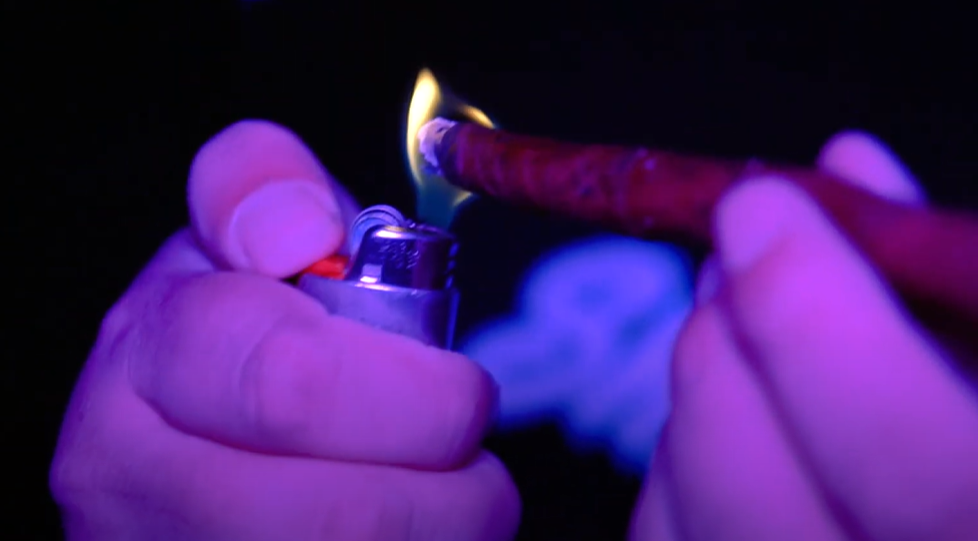
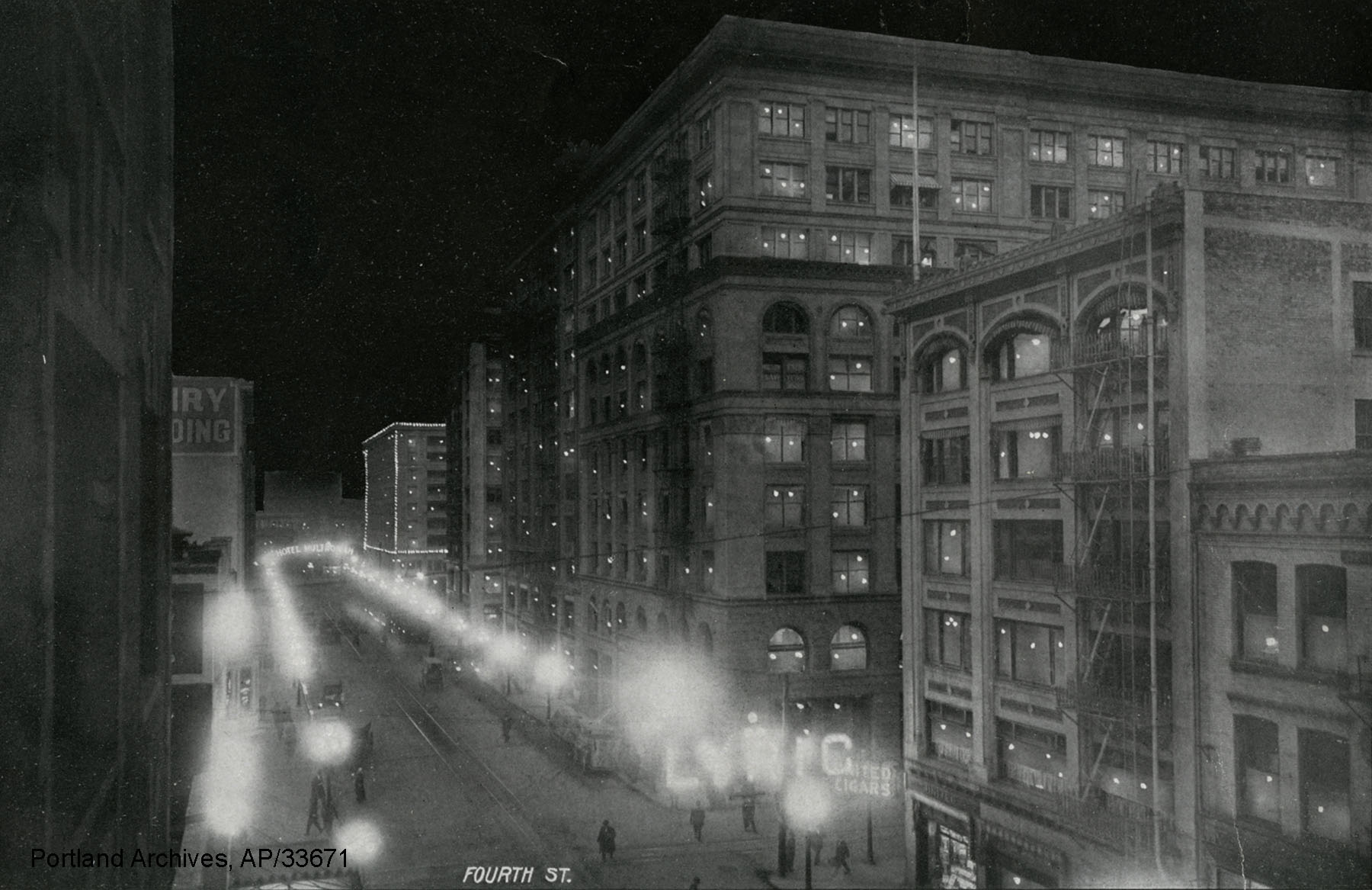
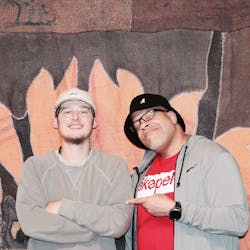
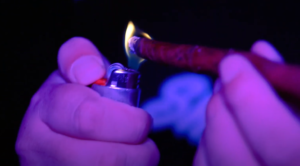
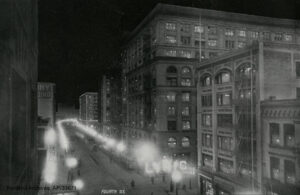

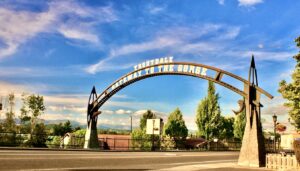
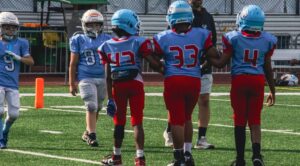
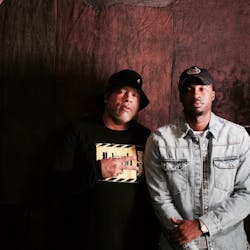

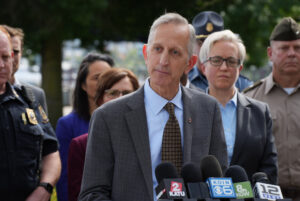

Post Comment